Feb 7, 2022Theadora Guzman, the Education Manager for North America for the haircare company Maria Nila, told Mane Addicts that only a person with extremely dry or damaged hair should use a regular conditioner as a leave-in. Given the risk of hygral fatigue, check with your stylist first if you think your hair fits this situation.
How to Get Soft Hair With Our Best Hair Care Products | Hair.com By L’Oréal
Leavein conditioner is applied after shampooing. It can replace the conditioner that you’d normally use in the shower, but you can use both if you want — especially if your hair

Source Image: haircaresquare.com
Download Image
Leavein conditioners are beneficial if you have thin or fine hair, allowing it to keep your hair hydrated. If you run out of leave-ins, you CAN use regular conditioner as an alternative, but make sure to use less of it! As much as possible, you need to use the right type of conditioner to leave in or rinse out.
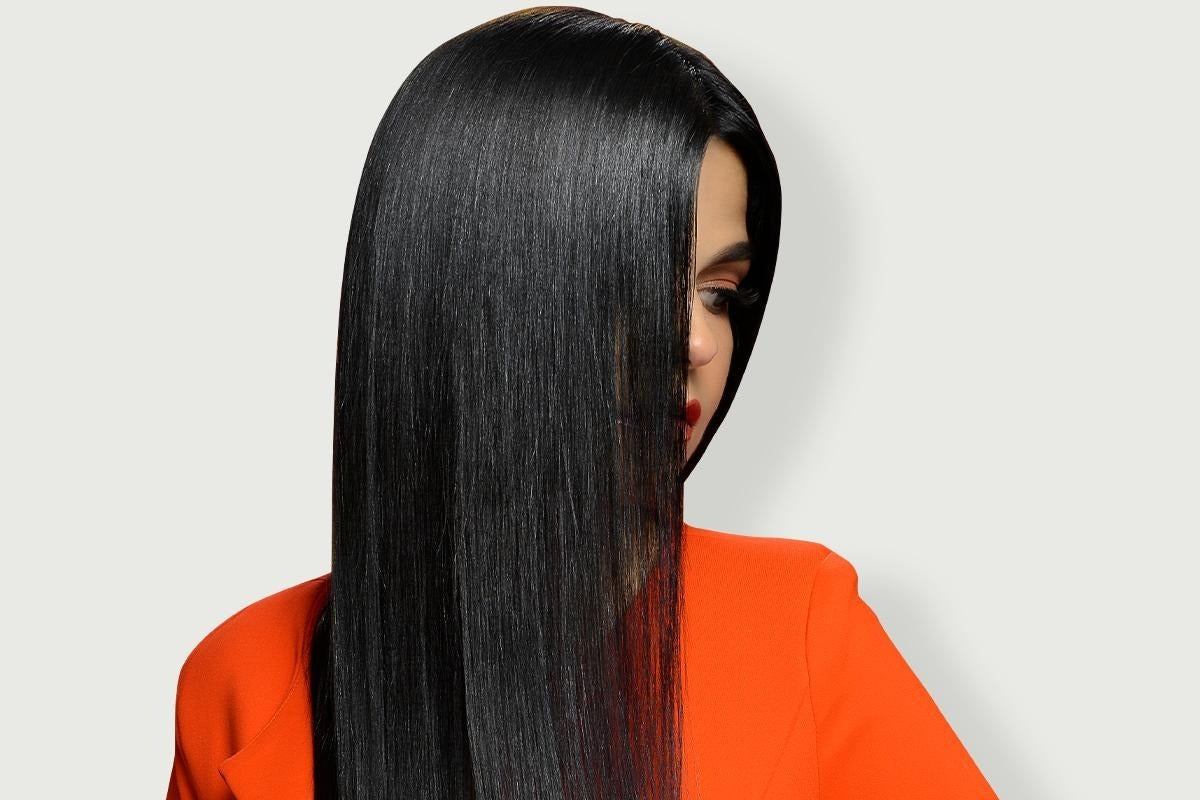
Source Image: gkhair.com
Download Image
What’s the Difference: Leave-In Conditioner vs. Other Products Since these two conditioning products are so similar, it is possible to use your regular conditioner as a leave-in. However, there are some risks involved with using rinse-out conditioner as a leave-in. We’ll examine them in the section below. Risks of Using Rinse-Out Conditioner as a Leave-in
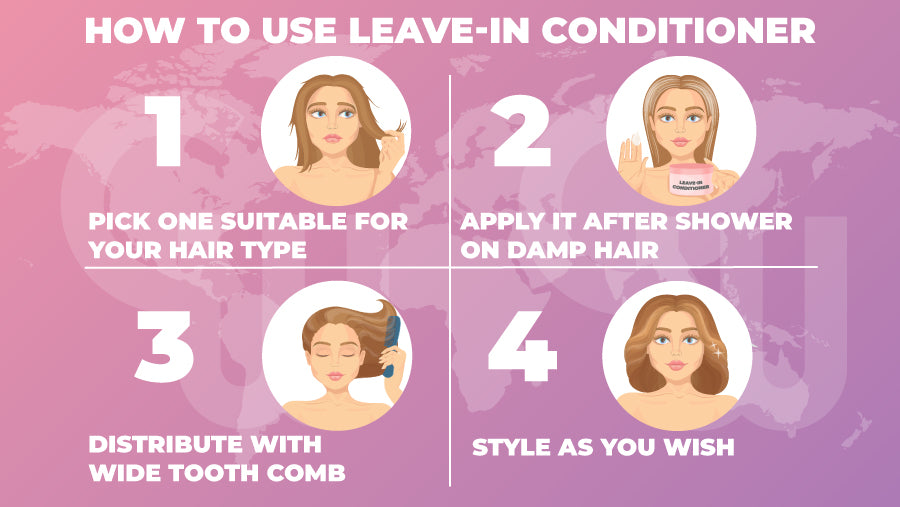
Source Image: cosmeticworld.ca
Download Image
Can You Use Regular Conditioner As Leave In Conditioner
Since these two conditioning products are so similar, it is possible to use your regular conditioner as a leave-in. However, there are some risks involved with using rinse-out conditioner as a leave-in. We’ll examine them in the section below. Risks of Using Rinse-Out Conditioner as a Leave-in The process for all leave-in conditioners is more or less the same: Wash your hair in the shower. Condition hair, if desired. Gently towel dry your hair. Apply a small amount of leave-in
How to use leave-in conditioner? 4 quick steps + Video & Photos
Dec 28, 2023The leave-in is lightly formulated and can be used after the daily conditioning formula has been rinsed out. The leave-in conditioner is a barrier surrounding the hair shaft while the hair is prepped, detangled, and styled after cleansing and conditioning. DIY Leave In Conditioner: 13 Recipes for Hydrated Locks

Source Image: healthline.com
Download Image
10 Things You Shouldn’t Do If You Have Fine Hair – Curl Maven Dec 28, 2023The leave-in is lightly formulated and can be used after the daily conditioning formula has been rinsed out. The leave-in conditioner is a barrier surrounding the hair shaft while the hair is prepped, detangled, and styled after cleansing and conditioning.
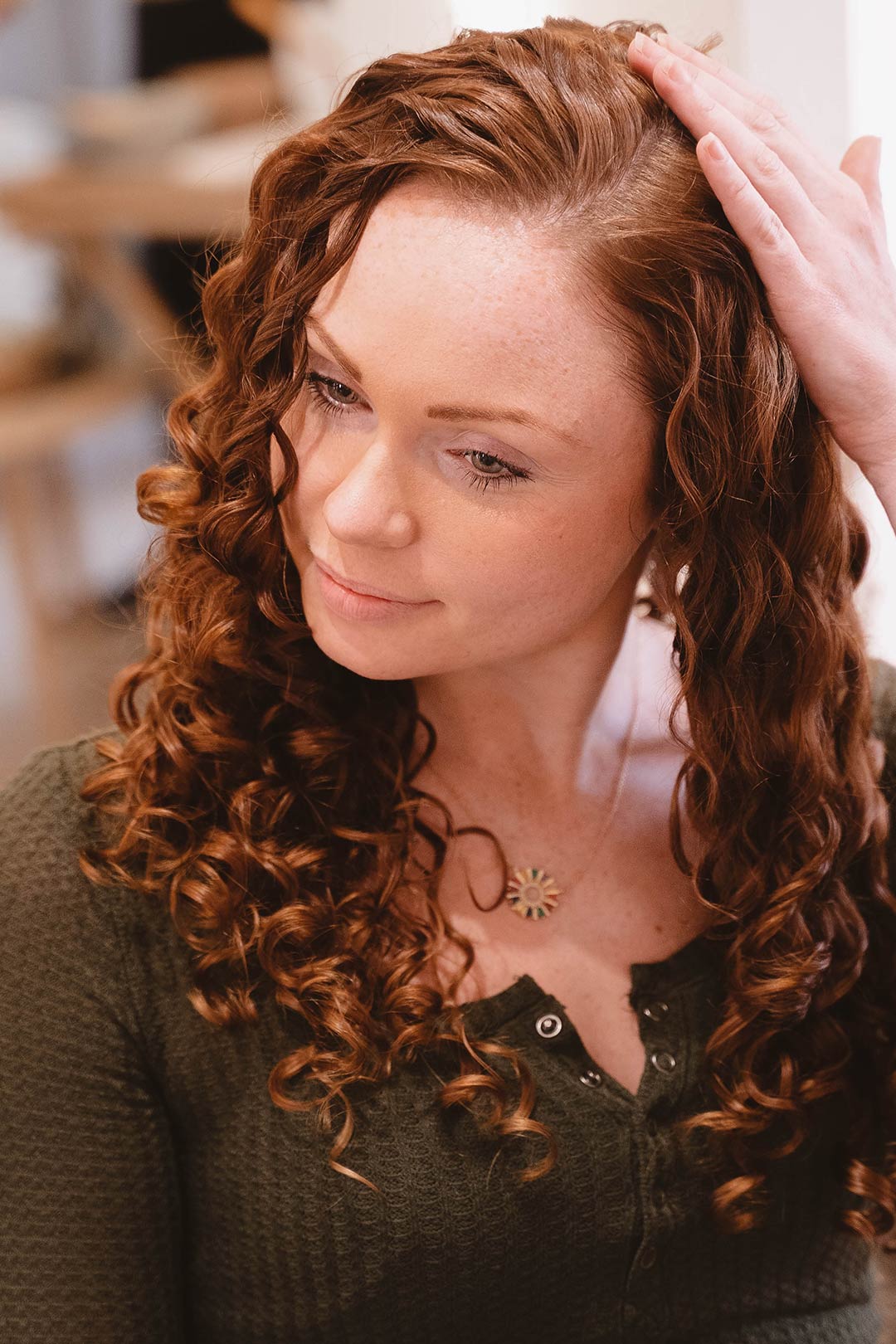
Source Image: curlmaven.ie
Download Image
How to Get Soft Hair With Our Best Hair Care Products | Hair.com By L’Oréal Feb 7, 2022Theadora Guzman, the Education Manager for North America for the haircare company Maria Nila, told Mane Addicts that only a person with extremely dry or damaged hair should use a regular conditioner as a leave-in. Given the risk of hygral fatigue, check with your stylist first if you think your hair fits this situation.
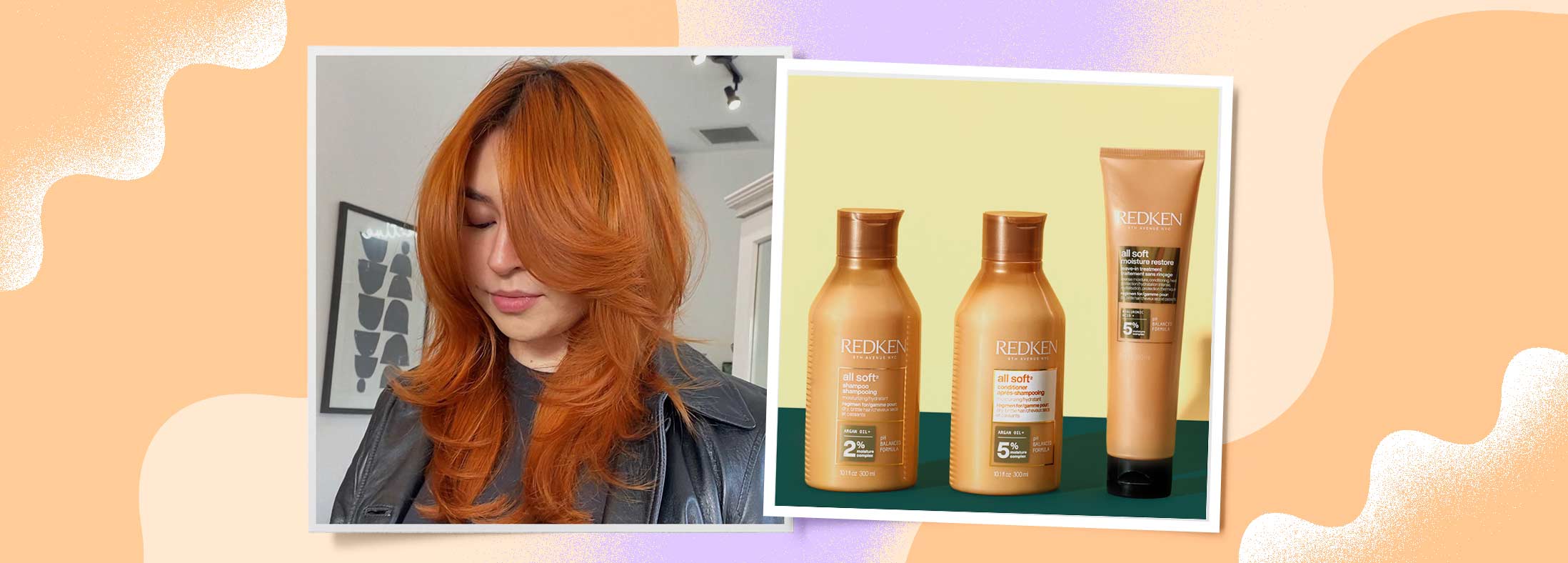
Source Image: hair.com
Download Image
What’s the Difference: Leave-In Conditioner vs. Other Products Leavein conditioners are beneficial if you have thin or fine hair, allowing it to keep your hair hydrated. If you run out of leave-ins, you CAN use regular conditioner as an alternative, but make sure to use less of it! As much as possible, you need to use the right type of conditioner to leave in or rinse out.
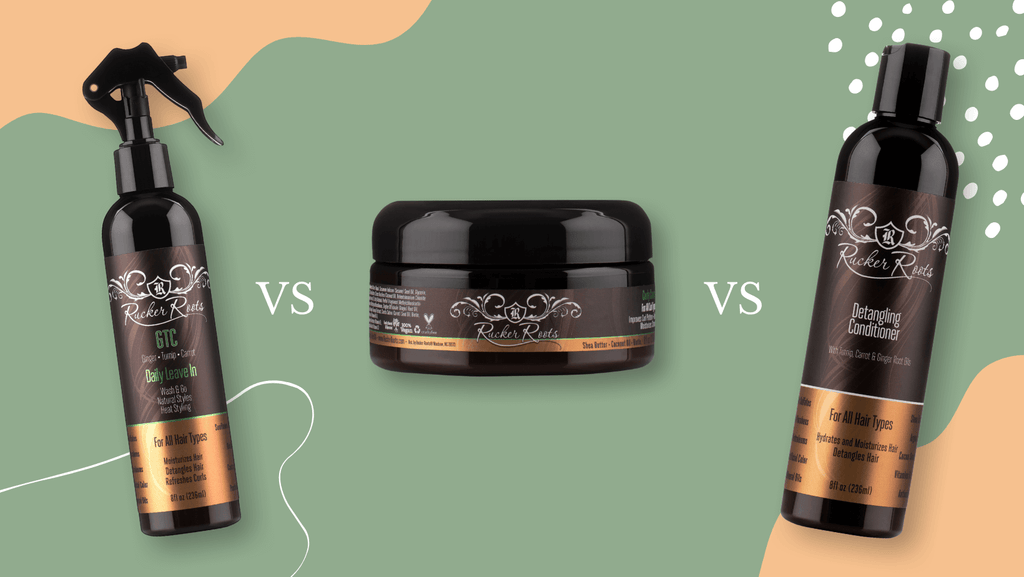
Source Image: ruckerroots.com
Download Image
Palo Santo Leave-in Conditioner for Curly Hair | PATTERN – Pattern Beauty Jun 6, 2023“Conditioner and leave-in conditioner actually have different purposes, and depending on your hair and preferences, you can use both in your hair care routine,” said beauty specialist Anne-Marie Faiola. Many people attempt to swap out conditioning types in an effort to save money, but doing so will cost you in the long run.
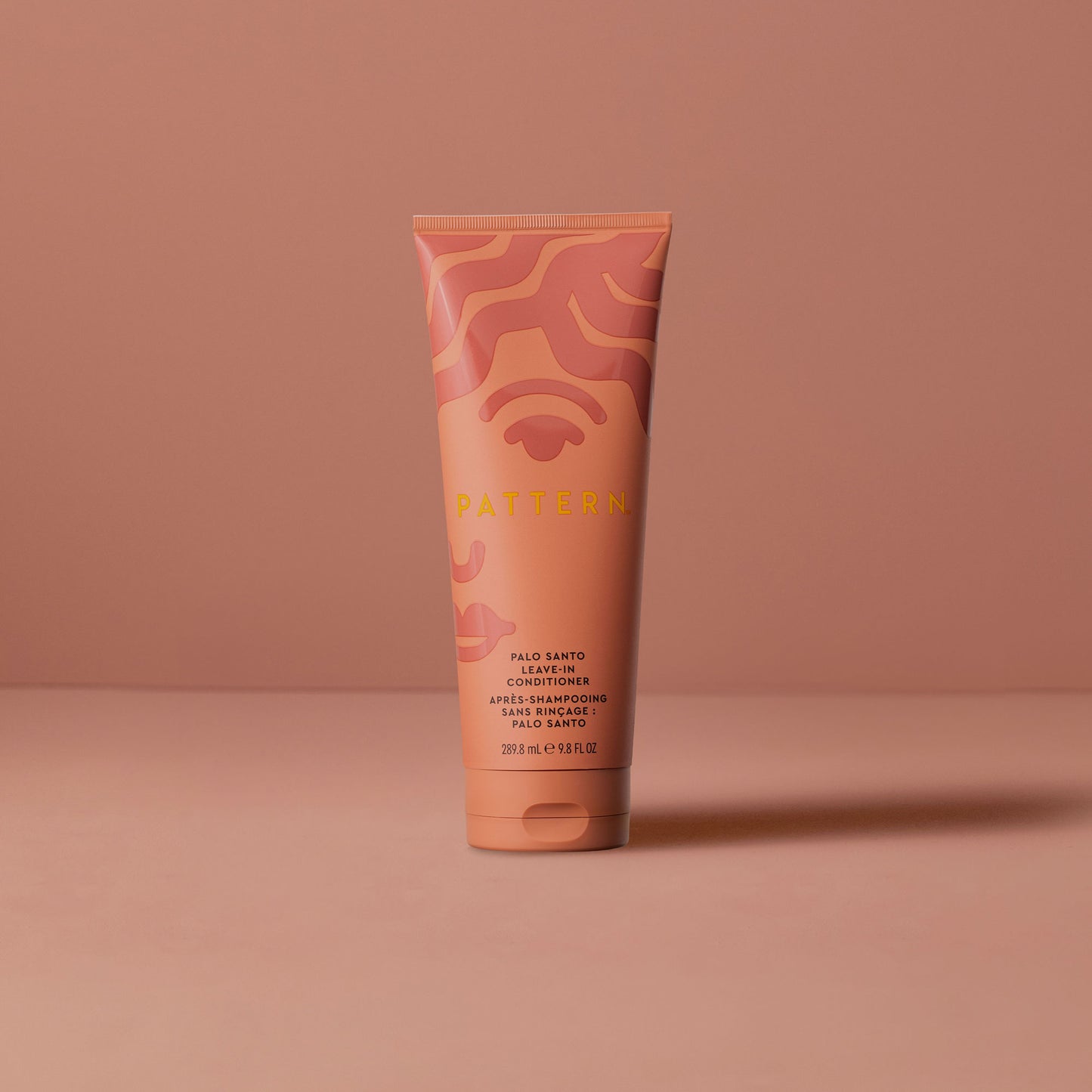
Source Image: patternbeauty.com
Download Image
14 Best Leave-In Conditioners for Curly Hair of 2024 Since these two conditioning products are so similar, it is possible to use your regular conditioner as a leave-in. However, there are some risks involved with using rinse-out conditioner as a leave-in. We’ll examine them in the section below. Risks of Using Rinse-Out Conditioner as a Leave-in
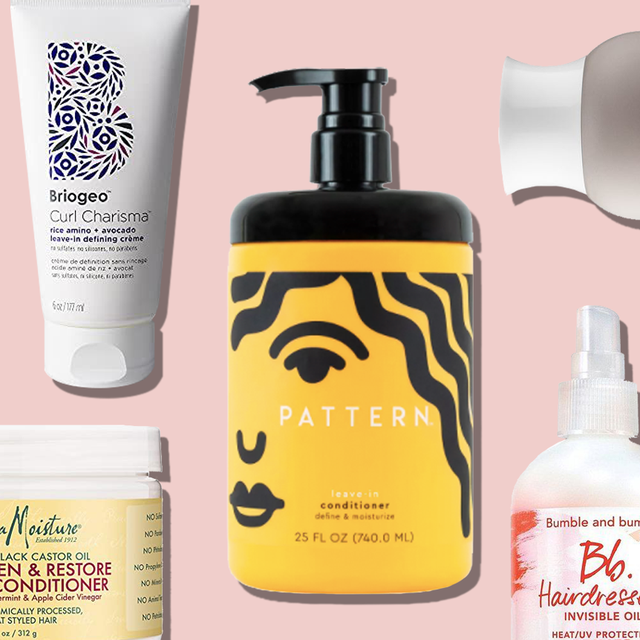
Source Image: goodhousekeeping.com
Download Image
Benefits of Leave-In Conditioner – Carol’s Daughter The process for all leave-in conditioners is more or less the same: Wash your hair in the shower. Condition hair, if desired. Gently towel dry your hair. Apply a small amount of leave-in
.jpg)
Source Image: carolsdaughter.com
Download Image
10 Things You Shouldn’t Do If You Have Fine Hair – Curl Maven
Benefits of Leave-In Conditioner – Carol’s Daughter Leavein conditioner is applied after shampooing. It can replace the conditioner that you’d normally use in the shower, but you can use both if you want — especially if your hair
What’s the Difference: Leave-In Conditioner vs. Other Products 14 Best Leave-In Conditioners for Curly Hair of 2024 Jun 6, 2023“Conditioner and leave-in conditioner actually have different purposes, and depending on your hair and preferences, you can use both in your hair care routine,” said beauty specialist Anne-Marie Faiola. Many people attempt to swap out conditioning types in an effort to save money, but doing so will cost you in the long run.